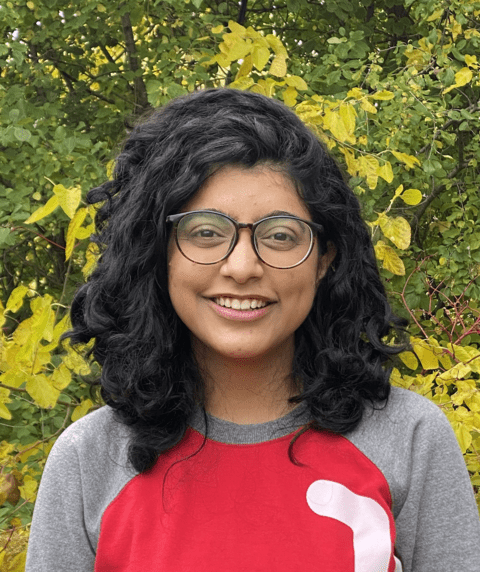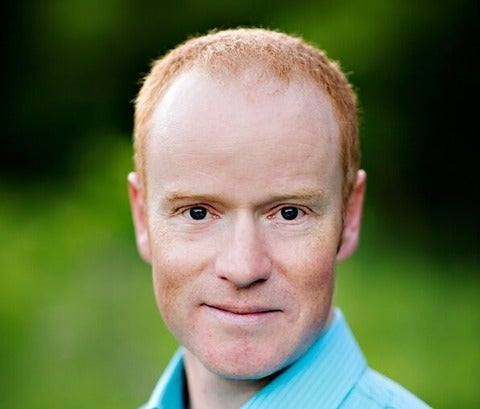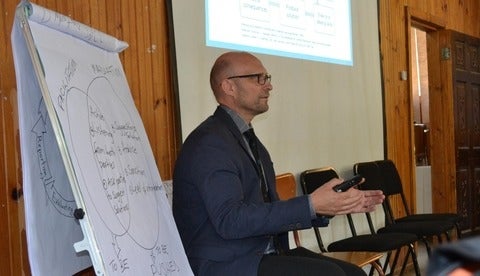Turbulent times like ours call for people who understand systems of violence and conflict, and who are prepared to build peace with justice. This involves identifying and transforming systems of violence, marginalization and oppression, including racist, gendered and colonial violence at home as well as around the world. Whether working locally or globally, Peace and Conflict Studies is committed to imagining, educating and ongoing learning that equips our graduates to pursue justice and peace.
PACS as a department is located on territory that is governed by the Dish with One Spoon Wampum and land promised to the Six Nations Confederacy in 1784 as part of the Haldimand Declaration. For more information, see Conrad Grebel University College's land acknowledgement and read about decolonization at the University of Waterloo's Office of Indigenous Relations.
A Vibrant, Interdisciplinary Graduate Program
The Master of Peace and Conflict Studies (MPACS) program is a coursework-based, professional degree that empowers students with knowledge and skills to contribute to nonviolent peacebuilding. Combining rigourous interdisciplinary scholarship with experiential learning opportunities, the program provides graduates with tools to understand sources of conflict, polarization, and systems of violence, as well as to imagine and initiate transformative peacebuilding. Our distinctive focus is on civil society and community-led change.
The master's degree is typically completed in 16 months (four terms), consisting of coursework, an optional internship placement, and practical skill development courses, with options for independent research. Part-time studies are also possible.
Understanding conflict
Recognizing conflict as an inescapable part of the human experience, and a potential vehicle for positive change at local, national, and international levels, this master’s degree offers a cutting-edge approach in which dynamic, sustainable, and creative solutions to conflict can be imagined, tested, and applied. Students learn with field-experienced faculty, developing their critical, analytical, and reflective thinking skills, and preparing to plan and implement effective programming, principled advocacy, and innovative peace initiatives.
Agents of peacebuilding
Equipped with interdisciplinary knowledge and practical skills of peacebuilding, MPACS graduates are ready for careers in the non-profit, public, or private sectors, as agents of peaceful change at community, institutional, and systematic levels. Common careers paths include: conflict management, community development, mediation and restorative justice, education, human rights work, research and advocacy, and social change entrepreneurs.
News
Student Profile: Sidra Khan
Sidra Khan is an MPACS student from Pakistan with a passion for grassroots movements and community-building. Now in her 3rd semester, she is strongly driven to connect with people – a quality that ties directly into the MPACS program.
Sidra completed her undergraduate studies in social sciences, with a major in advertising and went on to work as a journalist before choosing the MPACS program. She chose the MPACS program due to its robust courses, rich discussions, diverse community, and balanced mix of professional and academic elements.
Making Sense of the Pandemic Through Peace Research
When the pandemic first closed down workplaces in March 2020, Simon Guthrie, like so many others at the time, found himself struggling to make sense of the world around him. A student in Grebel’s Master of Peace and Conflict Studies (MPACS) program, he soon had the idea to take advantage of this unusual opportunity and conduct research on the impact of a global pandemic -- right in the middle of one.
Alumnus Profile: Rod Friesen
Promoting Peace through Good Governance of Organizations and Systems Delivering Services
Rod Friesen graduated from Conrad Grebel University College in 2013 from the Master of Peace and Conflict Studies (MPACS) program. He began working with Mennonite Central Committee (MCC) Ontario in May 2017, where he oversees several service delivery and restorative justice-related projects in his role as a Restorative Justice Program Coordinator.










